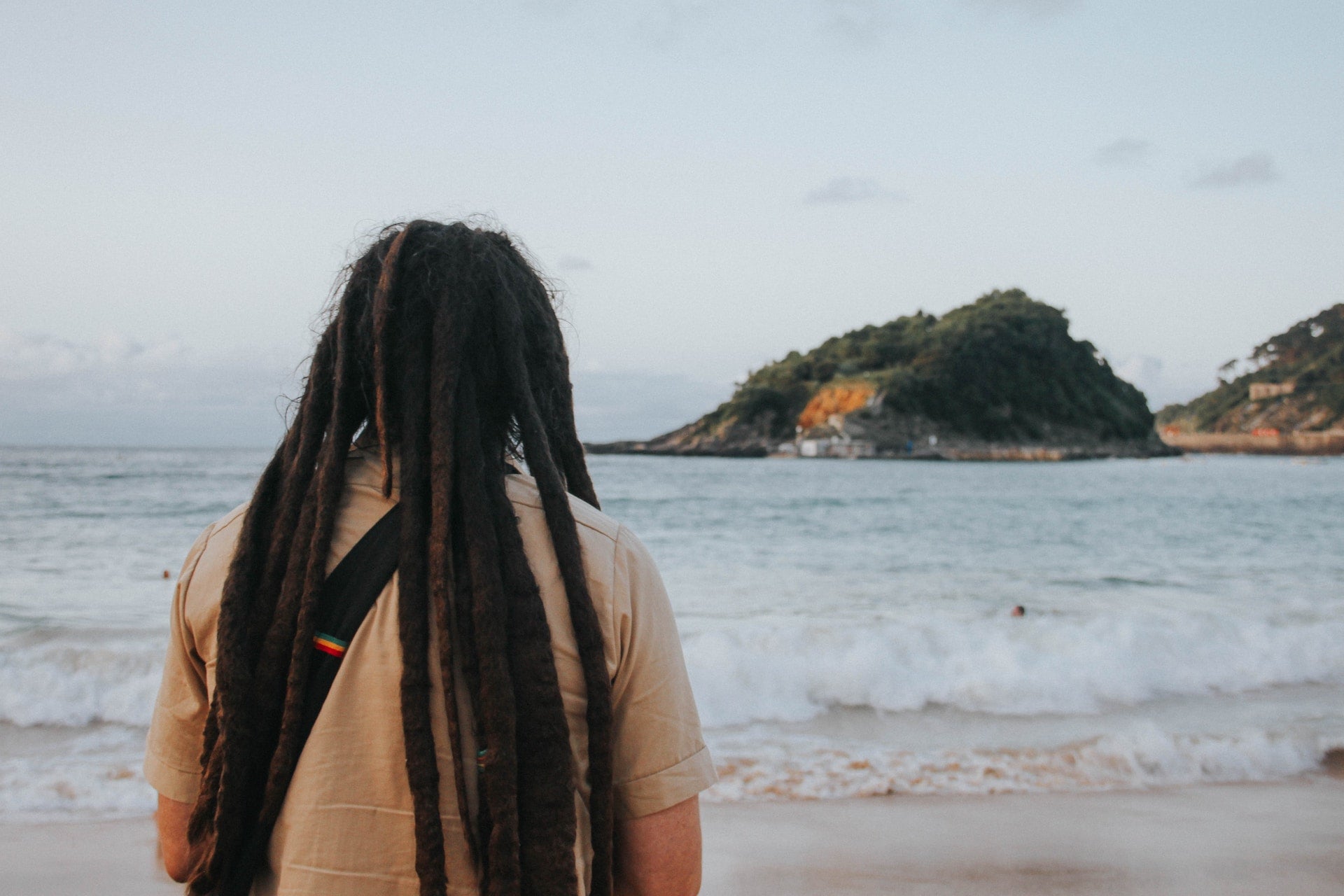The vibrant, unmistakable image of dreadlocks has long been closely associated with the Rastafarian culture. Many people connect these distinctive locks to reggae music, Jamaica and Bob Marley — but what is often overlooked is the deeper meaning behind this hairstyle; its representation of a spiritual journey that became an expression of identity and ancient tradition for many adherents of Rastafari. In this blog post, we’ll dive a little deeper into the roots and symbolism of dreadlocks in Rastafarian culture to help readers gain new insight into why they have come to be such an integral part of many expressions within it.
Origin of Dreadlocks in Rastafarian Culture
The Rastafarian culture originated in Jamaica during the 1930s and has since then spread to various parts of the world. Dreadlocks in Rastafarian culture are known as "the holy crown of hair,” which represents a person's connection with his or her faith. Rastafarians believe that dreadlocks symbolize the strength of their connection with God.
Rastafarians take part in the Nazarite Vow, which includes the practice of growing their hair into dreadlocks. All Rastafarians make this pledge, which they interpret as being mandated by the Bible (Leviticus 21:5). Samson's dreadlocks lend credence to the theory that he is a Nazarite. Like Samson, many Rastafarians think their hair is both their strength and their weakness. In the past, Rastafarians in Jamaica were intimidated by the threat of arrest and having their dreadlocks cut due to a widespread misconception that doing so would render them vulnerable.
Seeking more advice for maintaining your dreadlocks? Check out our blog today.

Rastafarian Origins
The Abrahamic religion known as Rastafari originated in Jamaica in the 1930s. Scholars of religion classify it as a social movement as well as a new religious movement. Practitioners of the movement are known as Rastafari, Rastafarians, or Rastas, and there is no governing body or uniform ideology at work within it. The Rastafarian faith is based on a particular understanding of the Bible. At its core is a monotheistic faith in Jah, a God who is said to dwell in part within each person. Rastafarians also believe that Jesus Christ was an incarnation of Jah. Many Rastafarians consider Haile Selassie, the Emperor of Ethiopia from 1930 to 1974, to be Jah incarnate because of his prominence in the religion; others see him as a prophetic human being who understood the inherent divinity in every person.
Rastafari is Afrocentric and highlights the plight of the African diaspora, which the religion views as being oppressed by the West (or "Babylon"). Many Rastafarians advocate returning to Africa, which they see as the true "Zion" or "Promised Land." Some adherents take these theories all the way to black supremacism. Rastafarians use the term "livity" to describe their rituals. "Groundations" are community gatherings that feature music, chanting, discussions, and the smoking of cannabis, the latter of which is considered a sacrament with curative properties. Rastas place an emphasis on what they see as "natural" living, which includes eating only certain foods, wearing their hair in dreadlocks, and adhering to traditional gender roles.
The first adherents of Rastafari were poor and marginalized Afro-Jamaicans in 1930s Jamaica. The dominant British colonial culture in Jamaica was largely the inspiration for its Afrocentric ideology. Ethiopianism and the Back to Africa movement, advocated by black nationalists like Marcus Garvey, were both significant influences.
Related Link: Why Choose Vegan and Organic Loc Hair Products?
Significance of Dreadlocks in Rastafarian Culture
Dreadlocks in Rastafarian culture also represent the "Lion of Judah," which signifies the coming of a new king, or new world order, where justice, equality, and harmony will reign. The Rastafarian culture also associates dreadlocks with purity, naturalness, and spirituality. It’s believed that the untouched and unprocessed hair represents a pure life that is free from corruption and impurities.
Maintaining Dreadlocks in Rastafarian Culture
Dreadlocks are not just a hairstyle but a way of life in Rastafarian culture. The process of growing and maintaining dreadlocks is considered a spiritual journey, where the person grows spiritually along with the hair. Rastafarians believe that dreadlocks should be left untouched, and natural methods should be used to maintain them. This includes washing the hair with natural substances like baking soda, apple cider vinegar, or aloe vera, and avoiding combing or brushing the hair.
Misconceptions About Dreadlocks in Rastafarian Culture
Dreadlocks have been often associated with negativity in modern society, such as being seen as dirty, unprofessional, or rebellious. These misconceptions are far from the truth and show a disrespect for dreadlocks as an essential part of Rastafarian culture. Dreadlocks are far more than just a hairstyle and are in fact a symbol of the Rastafarian culture's beliefs, identity, and spirituality.
Ready to elevate your dreadlock game? Discover the best loc hair care products at Lion Locs.

Exploring Rastafarian Culture
Dreadlocks have many unique features that make them an attractive and iconic hair style. To many, dreadlocks symbolize a connection to their religious and cultural beliefs surrounding Rastafarianism. Without the fusion of the two, dreadlocks would not have the same significance as they do today. In addition to religion, dreadlocks often demonstrate a sense of individual self-expression and statement making. At their very core, dreadlock hairstyles represent freedom with a distinct look that mirrors many social aspects of Rastafarian culture throughout modern history and beyond. No matter where you look or who you talk to, one thing is certain – this remarkable hairstyle will continue to fascinate for years to come.
Related Link: The Benefits of Using Organic Loc Hair Products for Your Hair and Scalp

